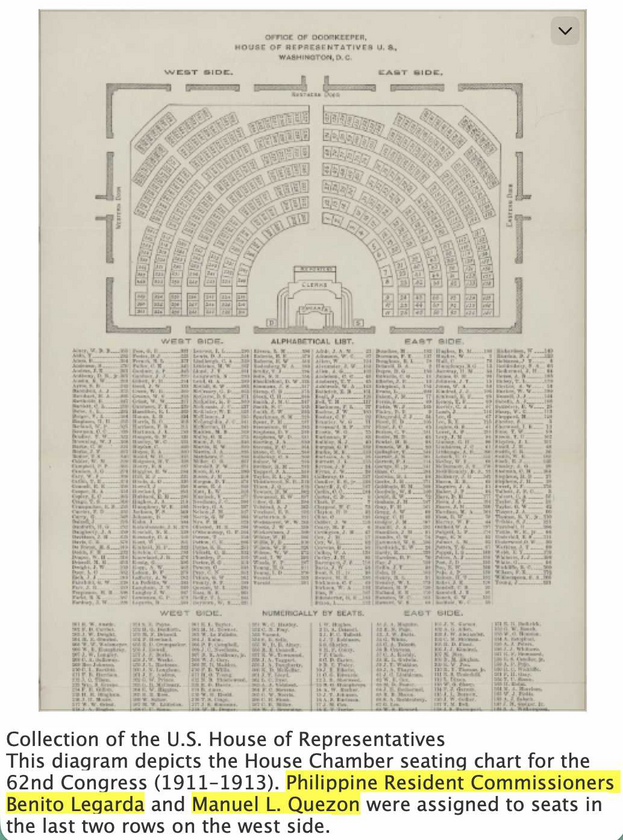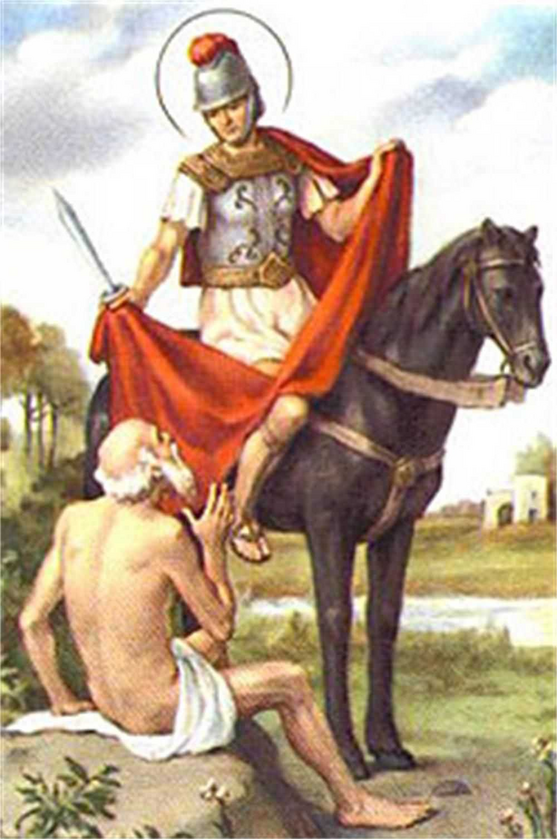O Holy Night is actually the best Christmas Carole, but this is my favorite NEW Christmas song (even though it's been around for almost 200 years). Have you ever really listened to the words of Good King Wenceslas?
Welcome to Politics by Faith, brought to you by the Patriot Gold Group. Thanks for being here.
Two weeks until Christmas, can you believe it? Jack and Grace, both the kids had a, two of the kids had a piano recital this weekend. It was wonderful. It was in a little old country chapel. It had up on the wall there, attendance last week, 31 people. It was lovely.
And that's where the recital was, and it was very nice. My son, Jack, he's 8, he played Good King Wenceslas. You've heard the song before, you've all heard it before. But I've never heard the lyrics. Ever.
I've never heard the lyrics. I've never paid attention. It's a wonderful song. Jack told me that that's the song he and his piano teacher decided to pick. It was about a month ago. I was like, oh yeah, I think I know it.
We played it and I was like, oh, this song is amazing. And we went line by line through the song in the car and it's just so good. The Bing Crosby version is the best. I don't know if I'm, let me pull, it's the one that we always play all the time. I don't know what I'm allowed to play here. Good King, yeah, Bing Crosby version is the one you want.
We tried all these other versions. You can't hear what they're saying, so it doesn't work. And the Bing Crosby one's really good because they have two people, someone else plays the part of the page. So I've never seen a better version
than the Bing Crosby one. Maybe there's one out there. But start with that. It's a real person. It's a real story. King Wenceslas, who was actually a duke,
we'll get to that in a second, but he was alive from 907 to 935. He was the Duke of Bohemia, which is now around Czech Republic. So let's just read the words. Good King Wenceslas looked out on the feast of Stephen. When the snow lay round about, deep and crisp and even, uneven. It's a cold, snowy day. Brightly shone the moon that night, though the frost was
cruel, when a poor man came in sight, gathering winter fuel. Hither, Page, stand by me. If thou know'st, telling, yonder peasant, who's he? Where and what is his dwelling? Sire, he lives a good league hence, underneath the mountain, right against the forest fence by St. Agnes fountain. The Duke says, all right, bring me flesh, bring me wine, bring me pine logs hither. Thou and I shall see him dine when we bear him thither. Let's bring him here. Let's go find him.
Let's bring him back. Page and monarch, forth they went. Forth they went together, through the rude winds, wild lament, and the bitter weather got blizzard going on and then the page says sire the night is darker now and the wind blows stronger if this is an NPR podcast we could put in like sire sire the night's darker now and the wind it's blowing stronger fails my heart I know not how I can go no longer and the king says mark my footsteps my good page tread now in them boldly so step exactly where I
stepped taking all these opportunities to tell the kids about growing up in Syracuse New York with 180 inches of snow every year and what it's like to shovel snow all the time. What it's like to walk behind someone's footsteps. Mark my footsteps my good page. Tread now in them boldly. You shall find the winter's rage frees your blood less coldly.
So just keep going and go boldly and you will feel warmer. In his master's steps he trod where the snow lay dinted. So we compacted the snow. Heat was in the very sod which the saint had printed. I don't know how you visualize, I mean it says heat was in the very sod, I don't know if you want to think of it so miraculously, where all the snow melted, or if it's just
relative to what was around, I don't know how you envision it, but it's a beautiful sight nonetheless. And then I love how the hymn just, it cuts right to the chase, very last line. There's no more to the story, no more necessary. This is it, cuts right to it, here it is.
And Bing Crosby does a great job hitting this hard. Therefore, Christian men, be sure, while God's gifts possessing, you who now will bless the poor shall yourselves find blessing." Very nice. Isn't that lovely?
Wonderful.
Wonderful hymn. So he was a real person. His grandfather turned from paganism to Christianity, and his dad. But his mom was a pagan. And his dad died when he was 13, so mom took over leadership of the kingdom and turned him back to paganism away from Jesus and then when he was 18 he took over the
throne and in that meantime mom was exiled. And you're like, well hold on, that's not a very Christian thing to do. Well, she murdered his grandmother who was also a Christian. So I don't even think it was the kid who banished mom. It was everyone else banished him, banished her away. And then when he became king, or duke, because he was never king actually, duke, in charge.
When he became in charge, he brought mom back and forgave her for that horrible crime. So he ruled well and served the poor all the time and so much in fact that his brother didn't like that he was spending so much time helping the poor and his brother killed him. So this is apparently a real story. There was a relative contemporary historian
who wrote in the year 1200, rising every night from his noble bed with bare feet and with one chamberlain, he went around to God's churches and gave alms generously to widows, orphans, those in prison and afflicted by every difficulty so much so that he was considered not a prince but the father of all the wretched the song is called good king once his last because after he was killed the people referred to him as a king I was written by John Mason Neal as a hymn
writer and since turned into a Christmas Carol the guy this Neil guy wrote a lot of other hymns or translated a lot. All glory, laud, and honor. O come, O come, Emmanuel, and many others. So it's all about Christian charity, even at the personal cost.
Even braving the blizzard to go serve others. It's leadership by example, even when times get tough, and knowing that God will always provide. Psalm 68, verse 10 says, "'You, O God, provide it from your goodness for the poor. Spurgeon tells a story that if you're camping
and you're in the middle of camping, you set up the tent and you're all, you know, in the middle of nowhere and you're all set up and then you realize you forgot something important, like your sleeping bag or something, you'll regret it. But God knows everything already.
He knows what you need and when you'll need it and how you'll need it and through whom he'll give it to you. Spurgeon says, you are poor and needy, but he has thought about you, and he has the exact blessing you need already in store for you. Now, I don't know the demographics of this audience or of you specifically.
That might be you. You may be in that situation where you're in need of a blessing, and God knows what you need, He'll give it to you. But if you're in that position of wenceslas, not that you're a duke, but you're in a position to give, maybe you are that blessing that someone needs. And God will work through you. The charge in the poem and the hymn, that someone needs. And God will work through you. The charge in the poem and the hymn, while God's gifts possessing. You who now will bless the poor shall yourselves find blessing.













